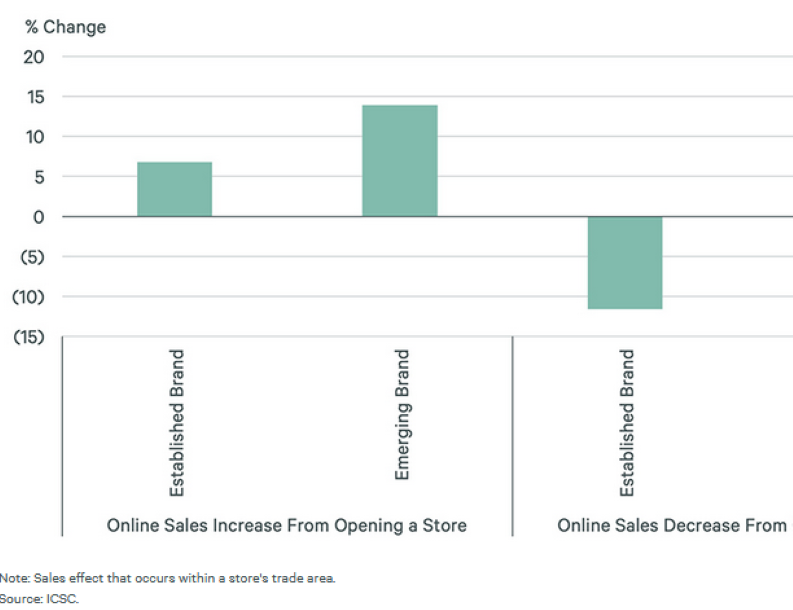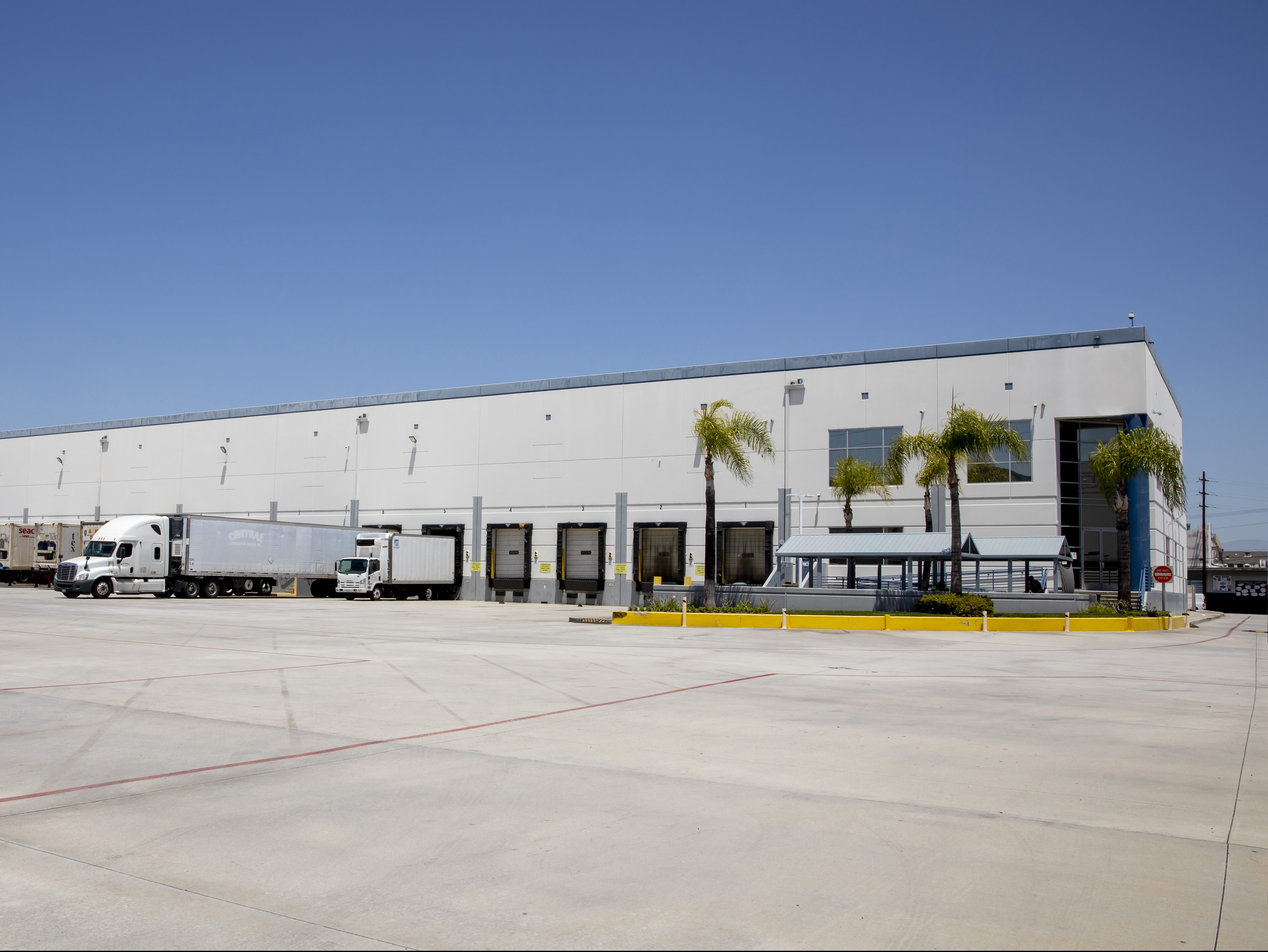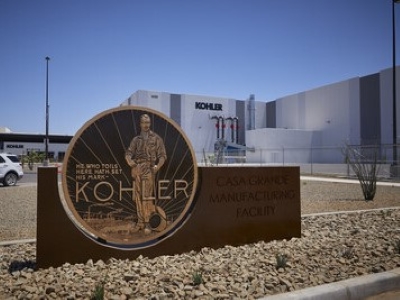Economy Watch: Economy, Consumers Feeling a Little Better
The U.S. Department of Commerce reported on Friday that the nation's GDP rose at an annualized rate of 3.2 percent during the first quarter of 2010.
May 3, 2010
By Dees Stribling, Contributing Editor
The U.S. Department of Commerce reported on Friday that the nation’s GDP rose at an annualized rate of 3.2 percent during the first quarter of 2010. The figure, while lower than 4Q09’s 5.6 percent increase, was nevertheless somewhat stronger than expected.
The increase was a mix of businesses restocking their inventories–which is what really drove things in the fourth quarter–as well as some improvements in consumer spending. Spending by consumers rose at a 3.6 percent rate according to the government, which is more than double the rate in 4Q09 and in fact the highest rate since before the Panic of 2008.
Not that consumers are too giddy, however. The Reuters/University of Michigan’s consumer sentiment index, which was released Friday, dropped to 72.2 in April from 73.6 in March. On the other hand, the Conference Board reported earlier last week that its consumer confidence index was 57.9 in April, compared with 52.3 in March. Maybe consumers can’t quite make up their minds about the economy yet.
In Praise of Wall Street (Sort of): Buffett Speaks
When the Oracle of Omaha talks, people listen (something like the way people used to listen to E.F. Hutton, at least in commercials). Over the weekend, billionaire investor Warren Buffett waxed optimistic, but not too optimistic, about the U.S. economy in front of about 37,000 (presumably listening) people at Berkshire Hathaway’s annual shareholder meeting.
There was good news for him to talk about, at least for his company: Berkshire reported profits of $3.6 billion during 1Q10, compared with a loss of $1.5 billion a year earlier. But what got Buffett even more attention than even he usually gets was his spirited defense of Wall Street in general and Goldman Sachs Group in particular. He stopped short of saying everything was completely jake on Wall Street, but essentially said that investment banks do what investment banks do, and it’s up to regulators to make sure they don’t fly off the rails. Which they manifested didn’t do in the late 2000s.
On Sunday, he told reporters that a number of Berkshire Hathaway’s many subsidiaries are hiring again in response to better sales, and that he expects the larger unemployment picture to improve, albeit slowly. Housing will improve even more slowly, predicted the Oracle, because of pesky levels of inventory.
Homebuyer Tax Credit Rides Off Into the Sunset
The federal tax credits for homebuyers might be a thing of the past now–the idea of an additional extension seems to be a lead balloon–but that doesn’t mean that incentives for buying a home are quite dead; they’ves just moved to the private sector. Coldwell Banker Residential Brokerage, for instance, is asking their sellers to offer a 3 percent credit at closing (up to the magical $8,000 level) to buyers who ink deals between May 1 and July 31.
CNBC reports that the Village of Minooka, a town in the southern reaches of metro Chicago, is joining forces with homebuilders to offer a $10,000 refund to buyers who buy a new home in the town. The village–which remarkably enough, has the funds for this kind of thing–will pay half of the cost, while the homebuilders will contribute the other $5,000. Minooka happens to have a balanced budget this year, and presumably can afford the incentive, but it isn’t clear how many other places will have the scratch to do something similar.
Wall Street got the willies again on Friday, probably because of Greece again–word of a bailout deal didn’t arrive until the weekend–with the Dow Jones Industrial Average swinging down 158.71 points, or 1.42 percent, by the end of trading. The S&P 500 lost 1.67 percent and the Nasdaq lost 2.02 percent.








You must be logged in to post a comment.